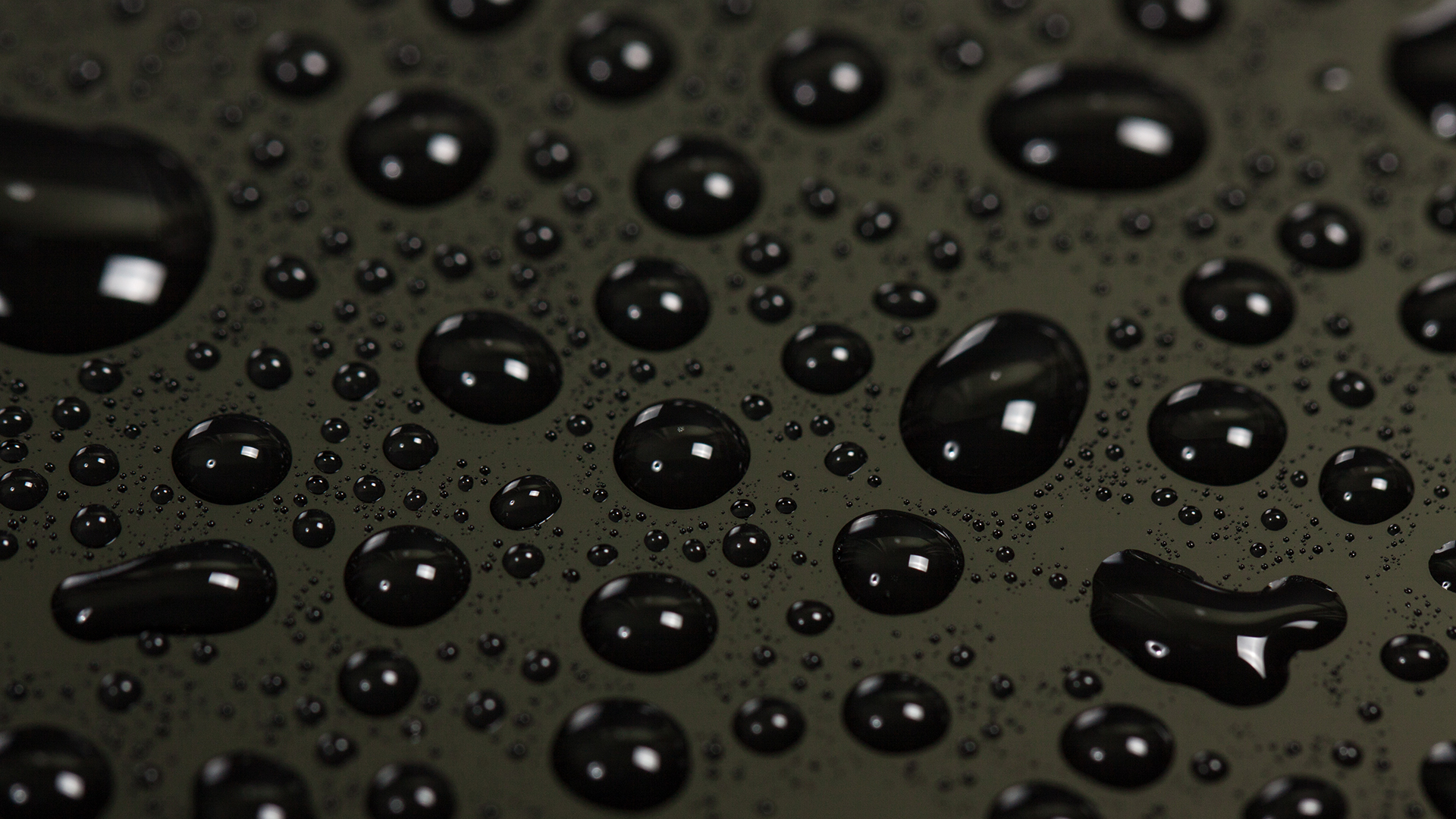TORNADO project is moving to new PFAS-free coatings with water and oil repellence, following safe and environmentally friendly solutions.
Due to a variety of unique properties, including excellent water and oil repellence, high thermal stability, remarkable oxygen affinity, as well as excellent surfactant properties, Per- and polyfluoroalkyl substances (PFAS) are found in a broad portfolio of coatings. PFAS are a class of thousands of substances that have been produced since the 1940s and used in a broad range of consumer products and industrial applications.
Explaining PFAS
PFAS are called ‘forever chemicals’ because they present strong carbon-fluorine bonds, which make them highly resistant to degradation in nature, meaning that they don’t break down easily and can persist in the environment for decades, centuries, or even longer. PFAS emission, their release to the environment, can take place at various points during their life cycle. The primary sources and pathways are:
PFAS Industrial and manufacturing facilities
Product manufacturing
Use phase
End of life
And during their lifecycle, they can be present in:
Atmosphere: Volatile PFAS can travel globally through the air.
Water Cycle: They move easily through water, contaminating interconnected aquatic systems and groundwater.
Bioaccumulation and biomagnification: They accumulate in living organisms and concentrate up the food chain, creating a continuous cycle of exposure for humans and wildlife.
Due to their widespread production and use, as well as their ability to move and persist in the environment, people can be exposed to some PFAS. Scientific research suggests that exposure to certain PFAS may lead to adverse health outcomes. Current peer-reviewed scientific studies have shown that exposure to certain levels of PFAS may lead to:
Reproductive effects such as decreased fertility or increased high blood pressure in pregnant women.
Developmental effects or delays in children, including low birth weight, accelerated puberty, bone variations, or behavioural changes.
Increased risk of some cancers, including prostate, kidney, and testicular cancers.
Reduced ability of the body’s immune system to fight infections, including reduced vaccine response.
Interference with the body’s natural hormones.
Increased cholesterol levels and/or risk of obesity.
The European Commission has committed to taking action to address the use and contamination of PFAS through the EU’s chemicals legislation (REACH) and other targeted environmental and health directives.
In 2020, the European Commission published its Chemicals Strategy for Sustainability, part of the EU’s zero pollution ambition and the European Green Deal. The same year, the EU published the Regulation (EU 2020/784) that amends current EU legislation and restricts the use of persistent organic contaminants. The new regulation specifically limited the use of PFOA (perfluorooctanoate), its salts, and PFOA-PFOA and any of its salts, and a maximum concentration of 1 mg kg-1 for PFOA-related compounds or a combination of those compounds.¹ PFHxS, another long-chain PFAS, was added to the POPs Regulation in May 2023, and the regulation entered into force in August 2023. Perfluorocarboxylic acid (C9-C14 PFCAs), their salts and related substances have been restricted since February 2023. There is a continuous evolution in the incorporation of new PFAS in the regulation. A key aspect of the strategy is the commitment to phasing out the use of per- and polyfluoroalkyl substances (PFAS) in the EU, unless their use is essential.
TORNADO project
TORNADO project is giving an alternative to the goal presented by the European Commission to protect human health and the environment better as part of an ambitious approach to tackle pollution from all sources and move towards a toxic-free environment. Therefore, chemicals having a chronic effect on human health and the environment must be substituted, particularly in consumer products. Based on these EU objectives, new toxicity-free coatings with the same functionalities as coatings based on PFAS and minimising the environmental footprint of the new coatings, in particular on climate change, resource use, ecosystems, and biodiversity from a life cycle perspective, represent a challenge that is addressed at the TORNADO project.
TORNADO project aims to contribute to the transition to a safe circular economy by influencing how products should be designed, produced, used or treated at their end-of-life. To achieve the main objective, new organic and hybrid PFAS-free coatings with water and oil repellence that are safe and deliver environmental, societal, and/or economical value through their applications (packaging, textile, and kitchenware) will be developed following the Safe and Sustainable by Design (SSbD) criteria.
Moreover, these coatings must accelerate the transition towards a circular economy and climate-neutral society and prevent harm to human health and the environment throughout the life cycle, besides enhancing the competitiveness of the European chemical industry and its value chain.
Packaging against oil/mayonnaise/Ketchup time 0 after 24hTextile against water at time 0 and after 30min
TORNADO is a 36-month project, which was initiated in 2023, involving 14 research and industry partners from five countries collaborating to create new free-PFAS coatings.
Kitchenware water repellency
TORNADO goals
New waterborne acrylic-free PFAS coatings based on functionalised biomonomers for textile and packaging applications.
New sol-gel coating for kitchenware application.
To contribute to the development of safe and sustainable-by-design criteria and guiding principles for new free-PFAS coatings.
To contribute to protecting human health and the environment as part of an ambitious approach and move towards a toxic-free environment.
To enhance the social acceptance of the newly developed coatings based on evidence compiled for consumer attitudes towards less harmful products.
To have an impact on EU chemical competitiveness.
TORNADO developments
New biobased coatings based on the functionalised biomonomers by two technologies, waterborne organic and hybrid coatings and hybrid sol-gel coatings. These coatings have been validated in packaging, textile and kitchenware applications.
Disclaimer
This project has received funding from the European Union’s Horizon Europe research and innovation programme under grant agreement Nº 101091944. Views and opinions expressed are, however, those of the author(s) only and do not necessarily reflect those of the European Union or the European Health and Digital Executive Agency. Neither the European Union nor the granting authority can be held responsible for them.
Please note, this article will also appear in the 23rd edition of our quarterly publication.



